The Connection Between Testosterone and Acne
By Abby Vinas
Causes of Acne
•
1 Comment
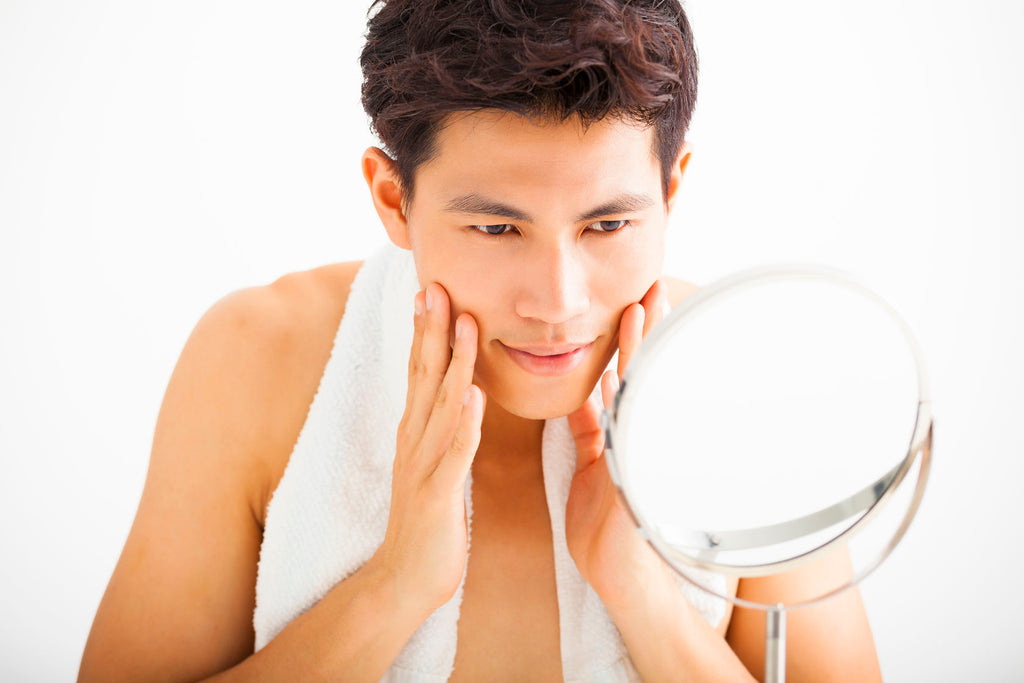
There are plenty of reasons you may struggle with acne. From genetics to diet, skin care habits to hormonal fluctuations, the path to clear skin is filled with challenges to overcome. Kristina Liu, MD, MHS and Janelle Nassim, MD write in the Harvard Medical School blog that the four factors that directly contribute to acne are: excess oil production, pores becoming clogged by “sticky” skin cells, bacteria, and inflammation. One of the most common causes behind breakouts is hormonal fluctuations, and one of the biggest hormonal culprits is testosterone.
How exactly does testosterone play into your skin’s breakouts? It’s important to understand exactly what testosterone is. There are 10 types of glands within your body’s endocrine system, and these glands release specific hormones to promote and stimulate the body’s processes. One of these glands is known as the adrenal gland, which is responsible for the production of androgens. Testosterone, a male type of hormone, is responsible for the development of male sexual characteristics. While testosterone is a male hormone, it’s also present in small amounts in women.
How Does Testosterone Affect Acne?
When the body is producing normal levels of testosterone, it doesn’t affect your skin or pose a serious health issue. However, if your body produces excess testosterone, the problems start. Too many androgens in the body can stimulate your sebaceous glands to produce more sebum. Sebaceous glands are found beneath the skin, and serve as the base of a hair follicle. If this gland produces too much sebum—an oily substance designed to keep the skin soft and supple—it can become clogged with oil, dirt, and dead skin cells. If bacteria makes its way into the pore, a pimple will form. While these hormonal fluctuations are most common in teenagers going through puberty, there are times in life and situations in which testosterone can skyrocket, triggering sebum production and increasing the severity and frequency of breakouts.
Clearer skin in as little as two weeks.
3-step ritual with nutrient rich botanicals and the power of Floralux® to treat, soothe, and calm skin.
Learn More
The Effects of Testosterone on Men and Women
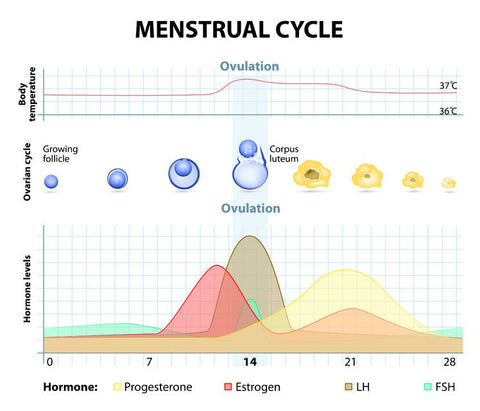
Generally, testosterone levels will always be higher in men; this makes women more susceptible and sensitive to any increase in testosterone. This can cause women’s testosterone-related acne breakouts to be more severe; however, men are susceptible to hormonal fluctuations as well.
If you’ve noticed that you get breakouts right before your period, testosterone is the culprit. Why? The first half of a menstrual cycle, there are increased levels of estrogen. During the second half of the menstrual cycle, progesterone is more heavily produced. As progesterone produces testosterone, your skin can take the brunt of the hormonal increase.
Why Would My Testosterone Levels Be High?
There are many reasons your body might be producing excessive amounts of testosterone, which could be playing into how much acne you get and how severe those breakouts are.
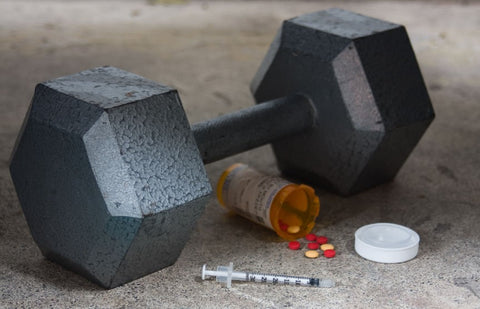

Steroids: If you’re taking anabolic steroids, you may find that your skin breaks out much more. These steroids are synthetically produced, and generally used to create more muscle mass. Anabolic steroids have also been used for a variety of medical purposes. They’ve been used to stimulate bone marrow growth, to stimulate appetite, and to induce puberty in boys that have delayed puberty.
These steroids can also be used for transgender man patients to help the development of secondary male characteristics, including a deeper voice, more muscle mass, and facial hair. These steroids are sometimes abused by young men and adult men looking to benefit from the cosmetic changes anabolic steroids can provide. Unfortunately, misuse of steroids can cause a host of health issues far beyond acne, including mental disorders and premature death.
Certain Supplements: If you take supplements, be careful with Vitamin D and Zinc. Both of these have been linked to increased testosterone levels. Watch your diet to ensure you’re not taking in too much of either of these vitamins.
Adrenal Gland Disorders: The adrenal gland is an important part of your endocrine system and responsible for many of the body’s processes. Adrenal diseases are very rare, but there are a few to keep on your radar.
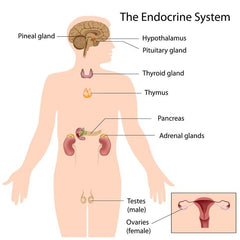
Cushing’s Syndrome: The Mayo Clinic describes Cushing syndrome as, "Occurring when your body is exposed to high levels of the hormone cortisol for a long time. Cushing syndrome, sometimes called hypercortisolism, may be caused by using oral corticosteroid medication. The condition can also occur when your body makes too much cortisol on its own. Women with Cushing’s Syndrome may notice increased growth of facial hair and have irregular periods. Men with this condition may be less fertile or lose their sex drive.
Congenital Adrenal Hyperplasia: Also known as CAH, those with this condition tend to be shorter, show early signs of puberty, deal with severe acne, and may have fertility problems.
Addison’s Disease: Those with this condition experience significant weight loss, and may feel weak or fatigued. Generally, you’ll deal with nausea or vomiting, low blood pressure, and dark patches of skin along with acne breakouts.
Hypothyroidism: This condition is characterized by an under-active thyroid gland. Hypothyroidism is actually more common than you might expect, and can even go undetected in blood tests. Because thyroid hormones help the body convert cholesterol to progesterone, which can help prevent breakouts.
How Do I Know If My Testosterone Levels Are Too High?
One of the most immediate indicators of high testosterone levels is acne breakouts. Other skin conditions could indicate an excess of testosterone. Depression has also been linked to high levels of testosterone. If you’ve been dealing with severe mood swings, or notice extra aggression, your body may have a hormonal imbalance. Dermatologist Alok Vij, MD with the Cleveland Clinic explains that acne is primarily a hormone-driven process. The only surefire way to know if your testosterone levels are too high is to have your hormone levels checked. This is typically accomplished with a blood sample.

If you’re sure that high testosterone levels are causing your acne breakouts, there ways you can reduce them. If you’re noticing severe issues related to testosterone imbalance, talk to your doctor about treatment.
You should attempt to significantly alter your hormonal balances without the advice of a health care professional. However, regular exercise has been observed to help maintain proper hormonal levels, which can help decrease the frequency of your breakouts.
What’s the Connection Between Acne and Testosterone?
Testosterone alone doesn’t cause breakouts, but too much of this androgen can make acne worse. Both men and women can suffer from testosterone-related acne, so if you believe your testosterone levels are too high, consult with your doctor to determine the next steps. Be sure to follow a regular skin care regimen with high-quality acne treatment products to help control your breakouts while you determine the cause of your acne.

Abby Vinas
Abby Vinas has long been an active member of the holistic health community, advocating in favor of its benefits to both our physical and emotional well-being. Her commitment to leading a healthy lifestyle has made her an authority on self-care practices. Abby is passionate about fitness, nutrition, and proper skincare, and is also an avid lover of avocado toast and dog-petting.
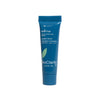
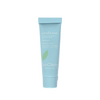
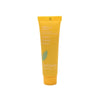
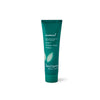








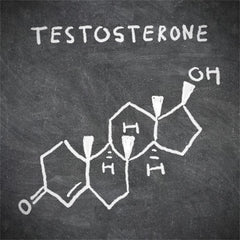

Never ever lower your testosterone guys. Just workout more.